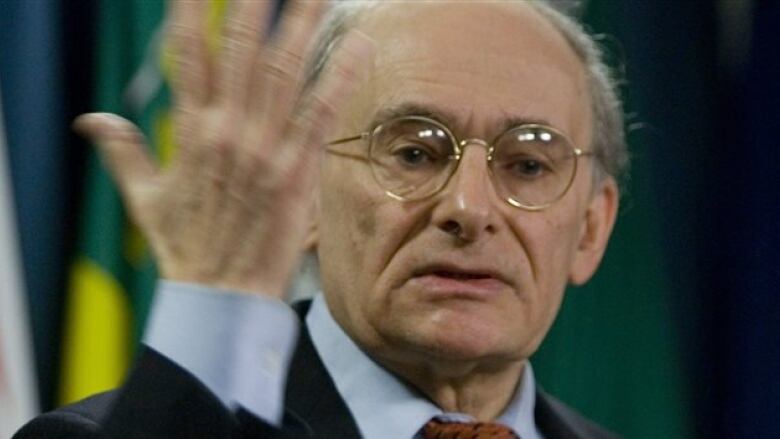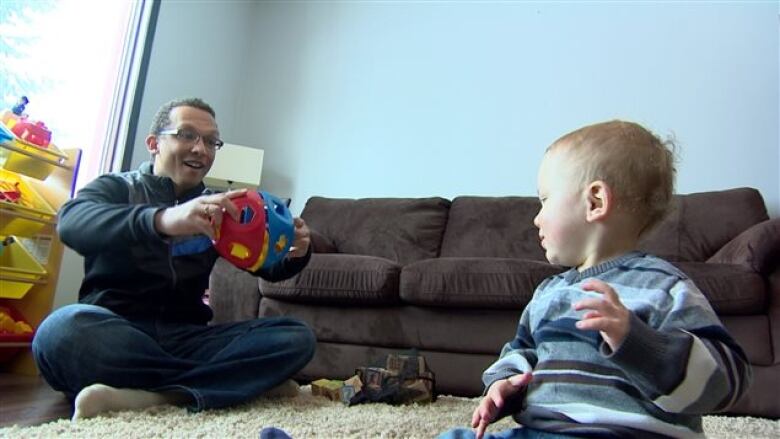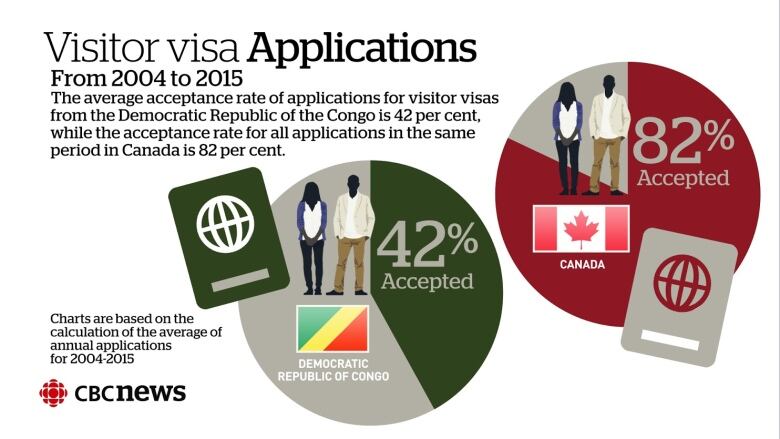'Discrimination' in Canadian visitor visa system, says immigration lawyer David Matas
Sask. man spends 13 years fighting Immigration to allow family to visit Canada

A lawyer specializing in human rights and immigration believes that the Canadian immigration system is discriminatory when granting visitor visas.
Former Canadian delegate to the United Nations David Matas believes it is "almost impossible" for a tourist to visit Canada, if they do not meet certain "generic criteria," because Citizenship and Immigration Canada wants to make sure that visitors return to their home country when their visa expires instead of making a refugee claim.
For these countries, I think there is discrimination. [CIC] does not consider the circumstances of individuals, it considers generic criteria.- David Matas
This is often the case when the applicant is from a country plagued by political or economic instability,Matassaid.
"For these countries, I think there is discrimination. [CIC] does not consider the circumstances of individuals, it considers generic criteria such as: Are you rich? Do you have children?," he said.
Matas' comments come after a case of a Saskatchewan manwho has been struggling to bring his parents to visit Canada for 13 years. PatrickKongawiblames the constant refusal of visa applicationson the fact that they are citizens of the Democratic Republic of Congo.
- 'I just want to see my family,' Sask. man yearns for parents to visit Canada
- Sask. man spends 13 years fighting Immigration to allow family to visit Canada
"My experience is if you are, for instance a single, young woman trying to get a visa in a country like that (DRC), it's almost impossible because you simply don't meet the characteristics they're looking for."
Under the Immigration and Refugee Protection Act, nationals of 148 countries, mainly in Africa, the Middle East and South America need a visa to visit Canada.
Underfunded system
Matas argues that the immigration system is underfunded and that visa officers are overloaded.
"I think what complicates the matter is that the visa officers are overwhelmed, overworked, underfundedand they tend to make decisions very quickly on the basis of simple characteristics rather than looking profoundly into the facts of the case," he said.

Requests fruitless in Saskatchewan
For 13 years, CIC refused visitor visas to members Patrick Kongawi's family.
Kongawi moved to Saskatchewan 22 years ago from the Democratic Republic of Congo. He came to Canada with a study permit, but claimed refugee status for fear of becoming a child soldier back home. He has since become a Canadian citizen.
Immigration officials were not convinced that his relatives would return to their country after their visas expired.

No data to support decision
However, Ottawa has no data on the number of Congolese nationals who do not return home after their visitor visa expires, CBC News was told.
Matas calls into question the fairness and equity of CIC's decisions.
"Why do you need a visa when coming from the Congo? It is not necessary to have a visa when you're American. If you ask the government, they will say that without a visa, people from the Congo will stay here. But how do they know that, if they do not have the data?" Matas questioned.
Ottawa said that "requests from around the world are examined uniformly and according to the same criteria, regardless of the applicant's country of origin."












_(720p).jpg)


 OFFICIAL HD MUSIC VIDEO.jpg)
.jpg)



























































































